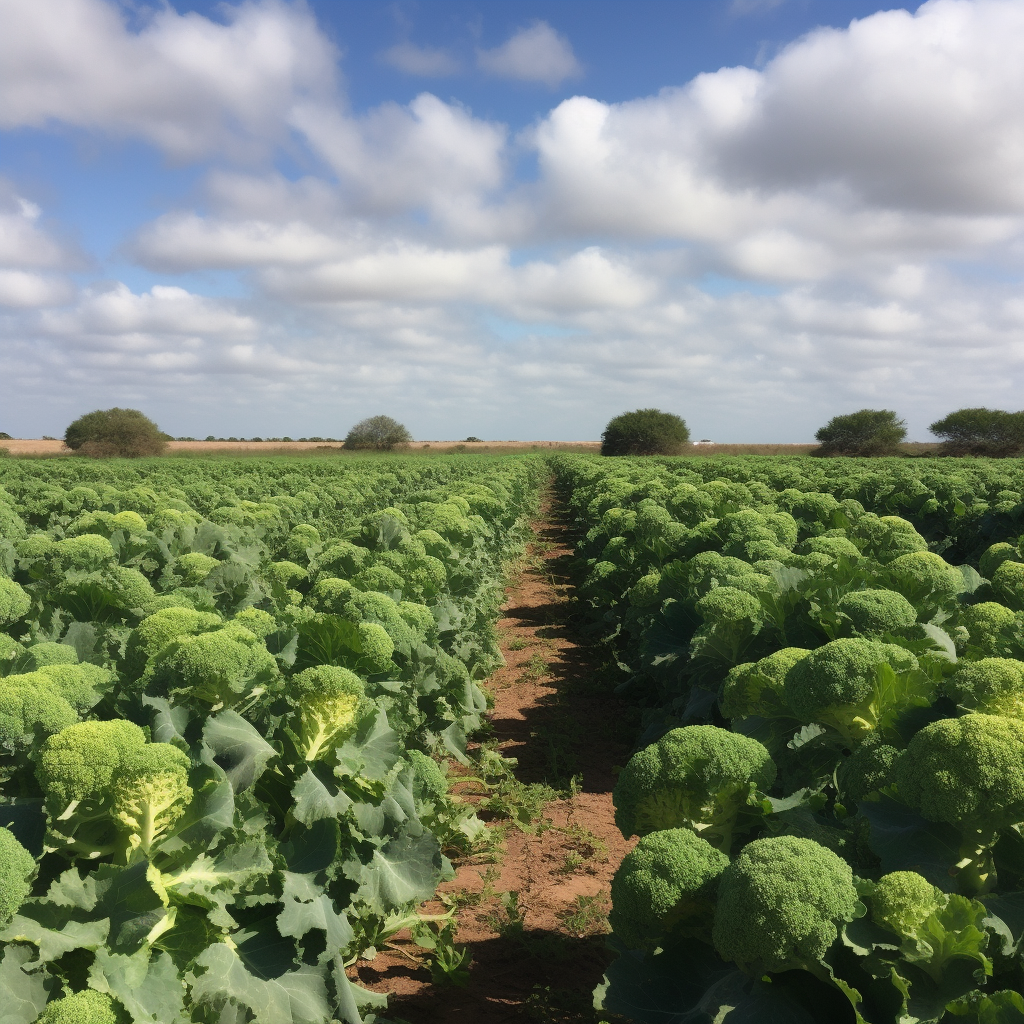January 25, 2024
The Battle of Farmshare Austin to Ensure Food Security Amid Unpredictable Weather Patterns
Book a Demo
As the Education Director for Farmshare Austin, Michelle Akindiya is no stranger to the challenges that come with maintaining crop production. However, the unpredictable weather patterns brought on by climate change have added an extra layer of difficulty to her role. From extreme heat to unexpected cold snaps, these erratic conditions are making it harder for farmers to grow and harvest their crops.
Farmshare Austin is a nonprofit organization that’s committed to food security. As such, it’s heavily invested in finding ways to navigate the impact of climate change on agriculture. However, this is no easy task. Climate change is causing extreme weather events worldwide, which in turn are reducing the growth periods for crops. Even heat-resistant crops are not immune to the effects.
According to research professor Raj Patel, one potential solution to this problem is crop diversification. By growing a variety of crops, farmers could potentially mitigate some of the impacts of climate change on their harvests.
At Farmshare Austin, they’re already implementing several techniques to protect their crops from extreme weather conditions. These include using frost blankets to shield plants from cold weather, altering planting schedules to account for changing seasons, and utilizing cold storage to preserve crops once they’re harvested.
Despite these efforts, the organization has still had to deal with a number of challenges. Unexpected freezes, for example, have led to significant early harvests. Crops such as cabbage, cauliflower, and broccoli have had to be harvested ahead of schedule, leading to a potential over-supply and subsequent waste.
This isn’t a problem unique to Farmshare Austin. A 2015 report from the USDA warned about the disruption of food production due to climate change. The report predicted limited local availability of certain foods, increased prices, and even compromised food safety.
Indeed, the sight of rotting vegetables like cauliflower and broccoli has become all too common at Farmshare Austin due to the weather extremes caused by climate change. It’s a stark reminder of the challenges that farmers worldwide are having to face as our planet continues to warm.
In the face of these challenges, Michelle Akindiya and the team at Farmshare Austin remain committed to their mission. They acknowledge the difficulties posed by climate change, but they’re determined to find solutions that will ensure food security for all. As the effects of climate change continue to be felt, their work has never been more critical.
Science4Data is committed to cut through greenwashing and measure real impact. Join the journey to a sustainable future. Your actions matter.



